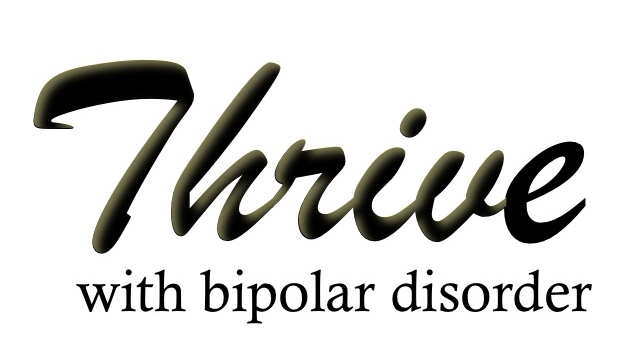No single one of these qualities means that you are manic, but they mean that you could be vulnerable to mania.
1. Notice your sleep.
If you are not feeling tired, having difficulty falling or staying asleep, or your need for sleep is decreasing this is a very important warning sign that your body and mind are giving you to alert you that mania is on the horizon.
Pay attention to is what is keeping you awake. If there is a repetitive thought playing like a tape recorder in your mind, if you can’t stop thinking about a goal that doesn’t have an external stressor, or nothing of importance is on your mind and you simply can’t sleep, mania may be on the horizon.
This is different from having difficulty sleeping one night because you have an exam, deadline, or any external stressor. However, if you are unable to sleep multiple nights due to external stressors it could very easily lead to mania.
2. Notice your thoughts.
If you notice that the speed of your thoughts are increasing, the number of thoughts you have at once are multiplying, your thoughts get jumbled or you have difficulty expressing your thoughts…mania may be on the horizon.
3. Notice your drive towards goals.
If you have a sense of urgency towards a goal, especially a goal that does not have a deadline or any external pressure, you may be experiencing the early signs of mania.
4. Notice your energy.
If you experience yourself as having more energy than usual. For instance, if you find yourself more exuberant than YOUR usual, you may be approaching an early sign of mania. This is especially true if you find that you cannot contain your energy appropriately to fit the situation you are in.
5. Notice your impulses and drives.
If you notice that you are more impulsive than usual – spending money, gambling, taking risks, sexually etc. If you are beginning to be driven by your impulses you may be in the clutch of mania.
6. Notice your emotional sensitivity and emotional response. Also known as agitation.
If you are experiencing levels of sensitivity or agitation that are greater than usual, keep a look out for mania on the horizon.
However, if your response to an emotion causes you feel out of control, mania may be close. This does not mean that if you get angry and yell that you are manic. Nonetheless, if you find yourself feeling out of control of your emotions then you may be vulnerable to mania.

